The “three poisons”, known as the "duk sum" (དུག་གསུམ་) in Tibetan, are a fundamental theory in Buddhism and Tibetan Medicine. They are considered a root cause of all physical and mental diseases. The three poisons include attachment, aversion, and delusion.
The mental poison of delusion, or "Ti Muk" (གཏི་མུག་) in Tibetan, is relevant in the context of the
chronic stress patterns we so often experience in modern life. Our pathological stress responses do involve all three of the mental poisons. However, in my clinical practice, I find it especially helpful to view chronic stress in the context of this classic Buddhist theme, the mental poison of delusion.
Delusion refers to a lack of awareness, an inability to clearly perceive and accurately assess the nature of reality. It manifests as a narrow, boxed-in mindset, where our mental view is limited and obstructed. Stress induces similar effects on our mental condition, impairing our mental clarity and obscuring our perception.
As the tensions and fatigue of ongoing stress accumulate, unresolved in our minds and bodies, we experience deleterious effects. Instead of being open-minded and able to see the far horizon, we perceive a narrow, limited, “tunnel vision” reality. Instead of feeling free to move and act as we wish, we feel trapped, constrained, and encumbered. Instead of drawing nourishment from the abundance of the world around us, we feel perpetually under-resourced, ill-equipped, and fatigued by a “scarcity mindset”.
Instead of connecting and collaborating with the people around us, we perceive conflict and friction in our interpersonal relationships. Instead of being present in the moment, we are distracted by worry about the future. Instead of feeling inspired and joyful, we exhibit depression, demotivation, and apathy.
All of these symptoms directly link that fundamental, pernicious mental poison known in Buddhist theory as “delusion”.
The stress we experience is caused by authentically challenging circumstances. There is no shortage of real-life problems to contend with in our lives! However, the mental poison of delusion shuts down our ability to deal with challenges in an effective, realistic way, and ends up compounding our problems. It keeps us sunk down into an apathetic and ineffectual mental state.
Understanding delusion's link to stress is an excellent first step in managing and treating stress-related issues. Buddhism shares centuries of commentary on managing this disturbing mental poison. Understanding the way our mind really works is key to illuminating the darkness of our mental poisons. Tibetan Medicine offers therapeutic tools such as herbal medicines and hands-on treatments.
If you feel the heaviness and constraint of chronic stress weighing down your world, I recommend exploring the ancient teachings of Tibetan Dharma and Medicine. They offer a wealth of insight and practical methods to help us work with the mental poison of delusion, and cultivate our healthy, effective stress responses. Let us reduce the influence of delusion in our daily lives. That way, we can meet our challenges with clarity, inspiration, and a view to the far horizon!

